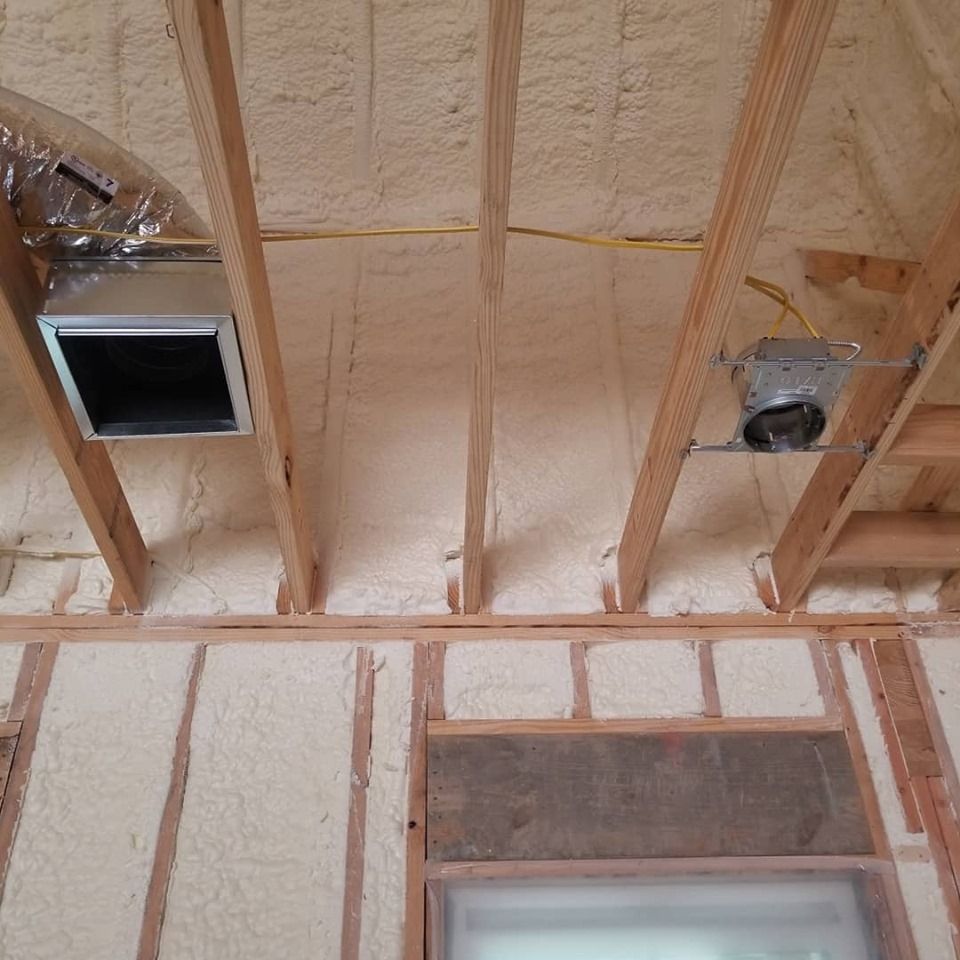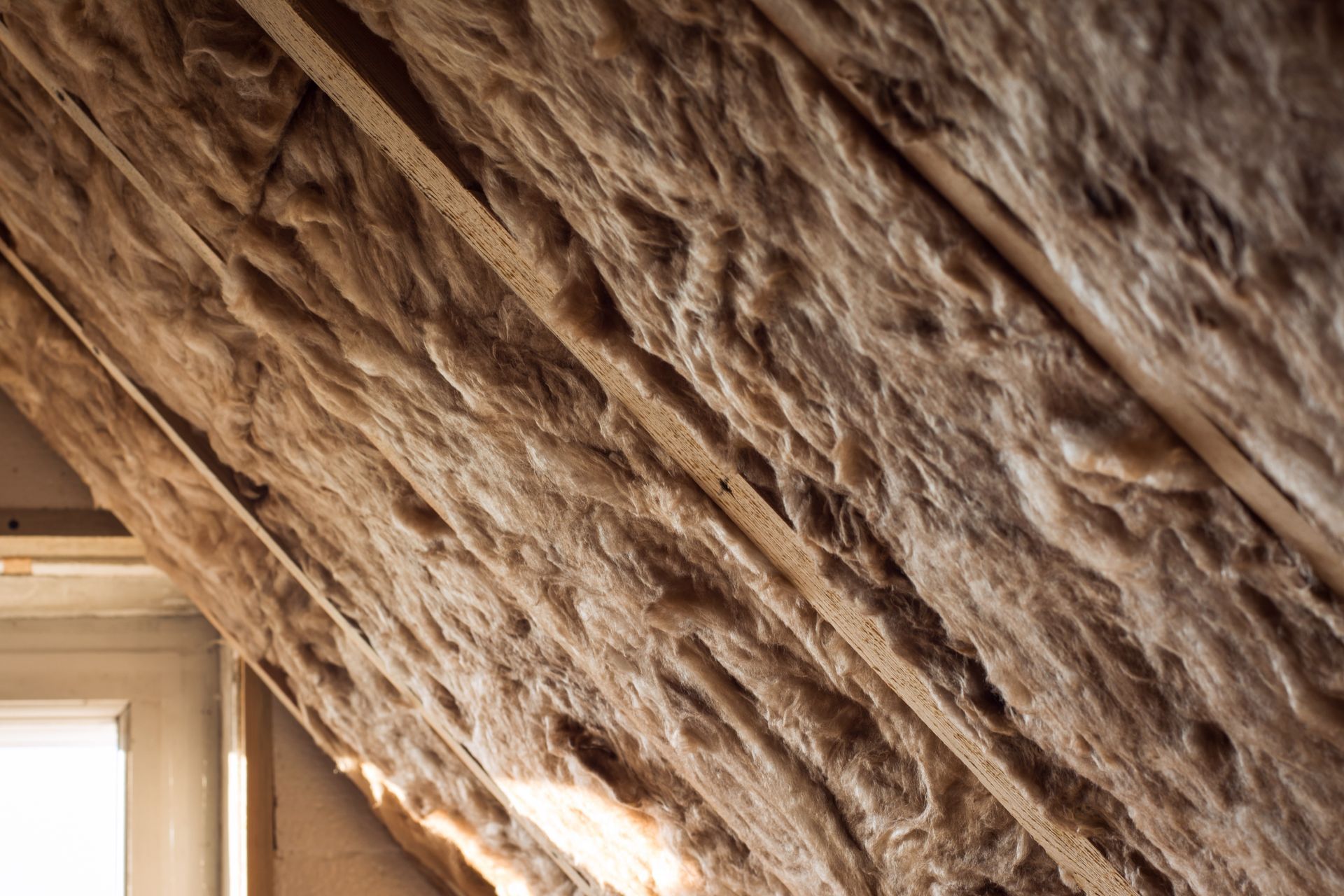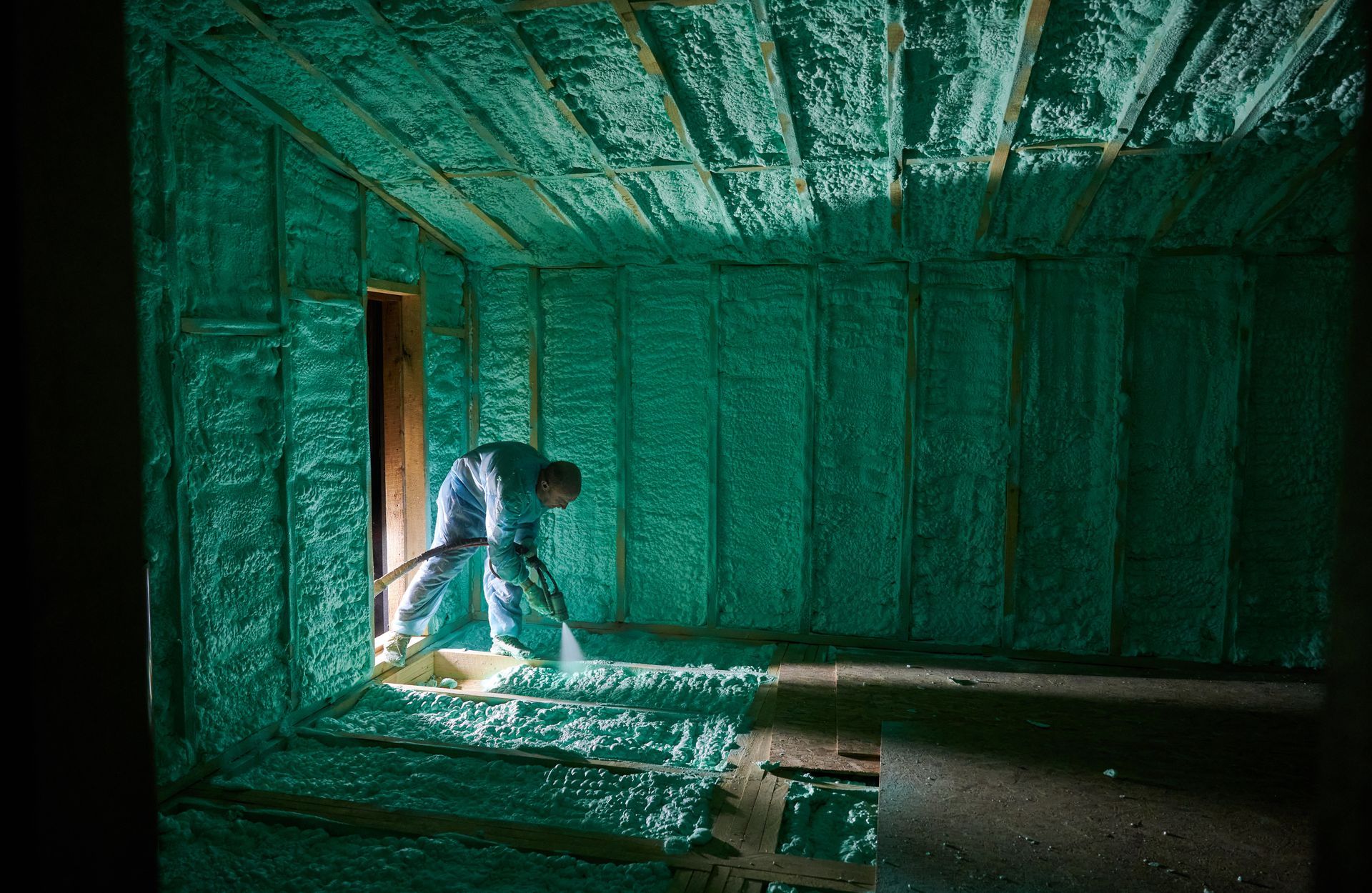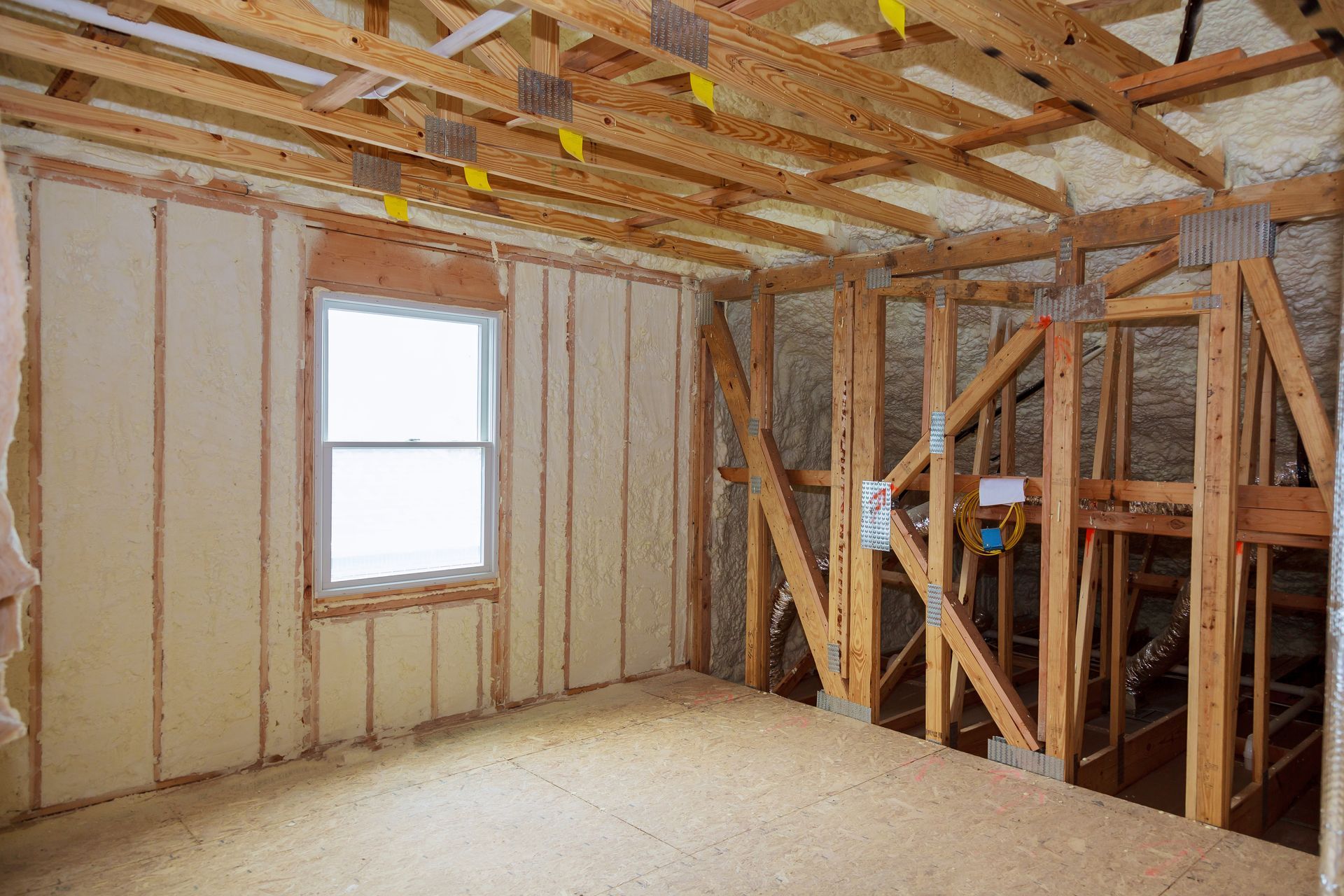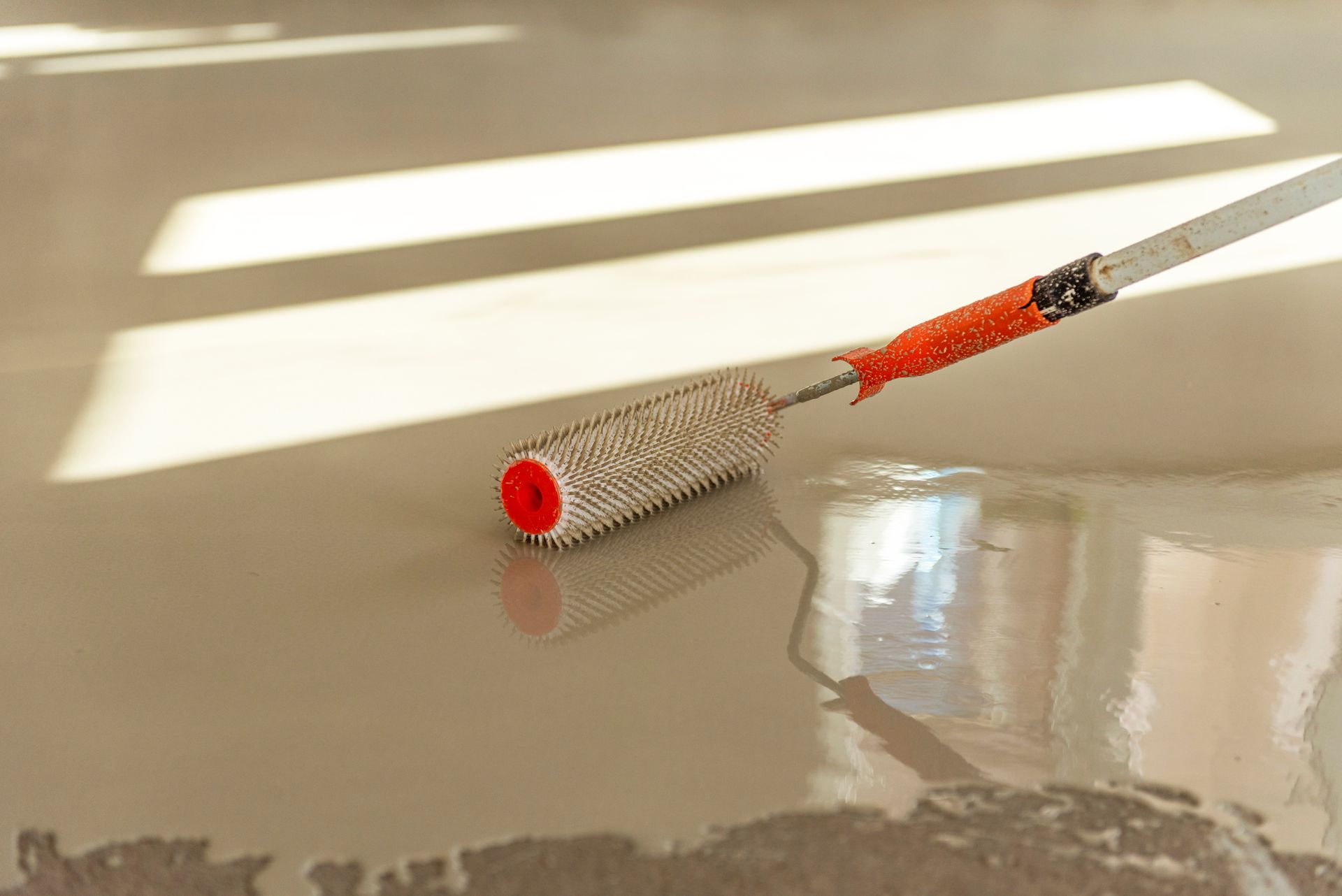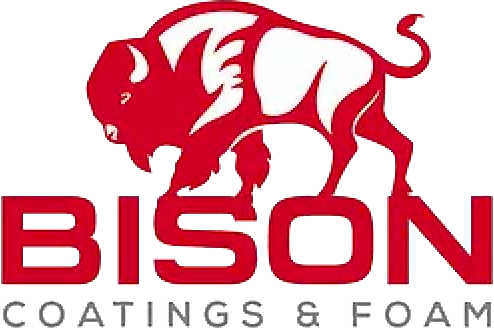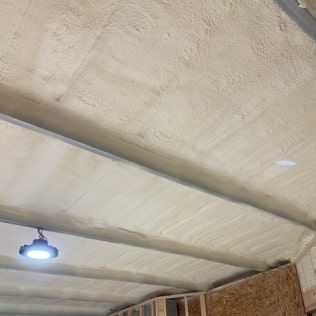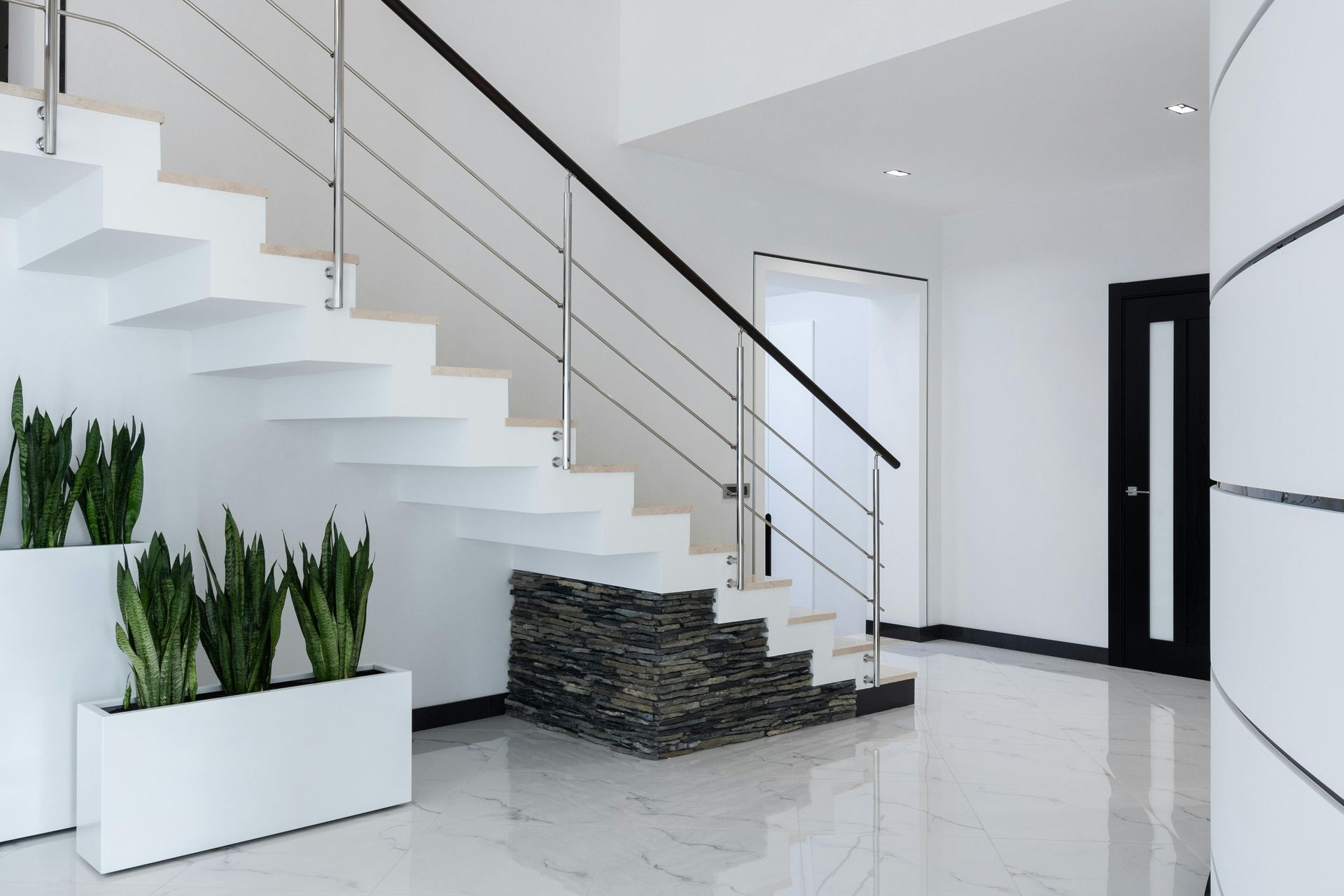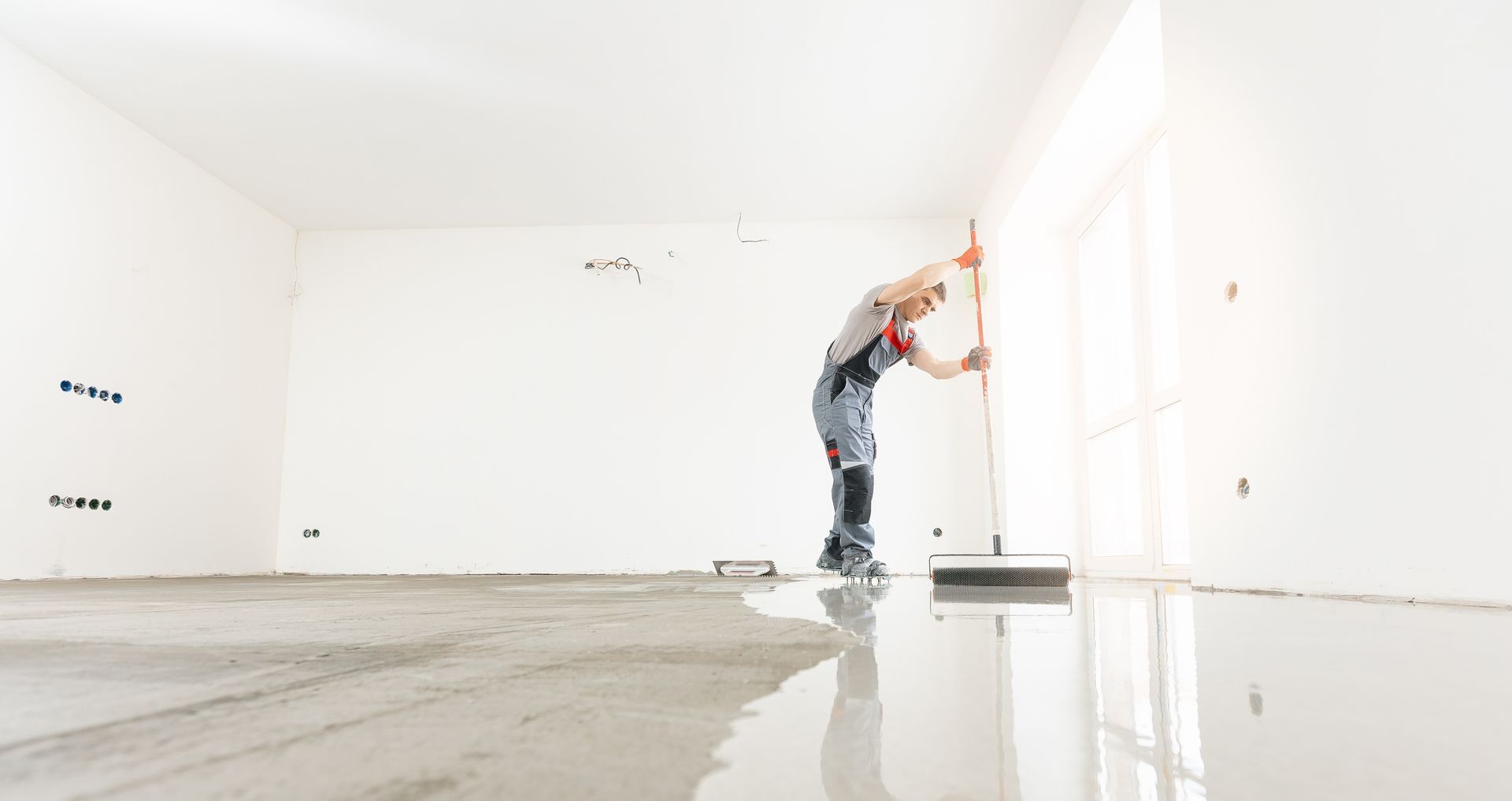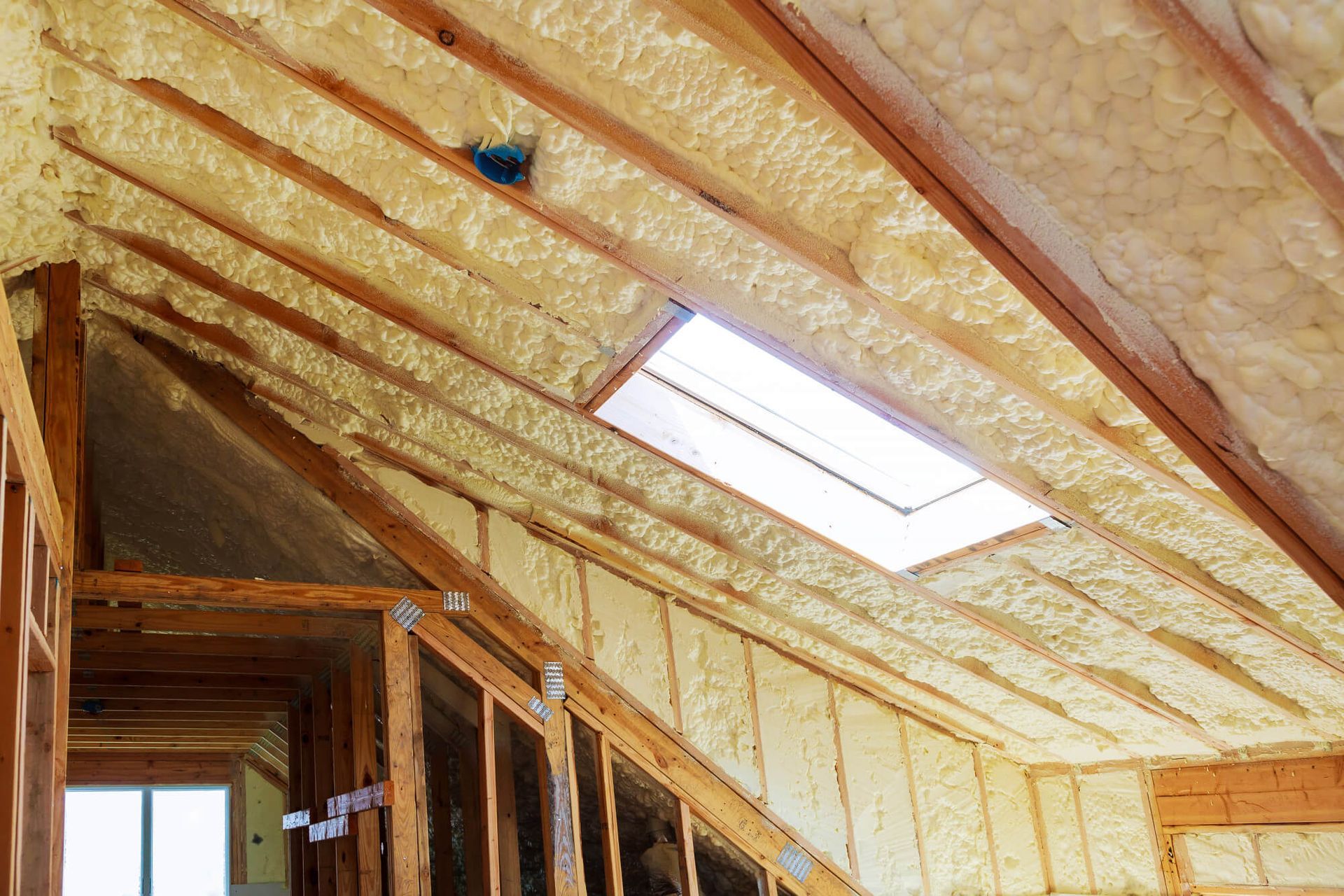Elastomeric vs. Silicone Roof Coating: Which is Best for Your Roof?
When it comes to protecting and extending the life of your roof, selecting the appropriate coating is crucial. Two popular options are elastomeric and silicone roof coatings. Each offers distinct advantages and potential drawbacks. In this comprehensive guide, we will delve into the differences between elastomeric and silicone roof coatings, helping you determine which is best suited for your roofing needs.
Understanding Elastomeric Roof Coatings
Elastomeric roof coatings are flexible, rubber-like materials applied to various roofing systems to provide a protective, waterproof layer. They are typically water-based and composed of acrylic, but can also include other materials like polyurethane or silicone.
Advantages of Elastomeric Roof Coatings:
- Flexibility: Elastomeric coatings can expand and contract with temperature fluctuations, reducing the risk of cracking and peeling.
- Reflectivity: Many elastomeric coatings are highly reflective, helping to reduce heat absorption and lower energy costs.
- Cost-Effective: Generally, elastomeric coatings are more affordable than silicone options, making them an attractive choice for budget-conscious projects.
- Ease of Application: These coatings are relatively easy to apply and can adhere to a variety of roofing materials, including metal, concrete, and modified bitumen.
- Eco-Friendly: Elastomeric coatings are typically water-based and have lower VOCs, making them an environmentally friendly roofing solution.
Disadvantages of Elastomeric Roof Coatings:
- Water Resistance: While elastomeric coatings offer some water resistance, they may not perform as well as silicone coatings in areas prone to ponding water.
- UV Degradation: Over time, prolonged exposure to UV rays can cause elastomeric coatings to degrade, necessitating more frequent maintenance.
- Temperature Sensitivity: Application of elastomeric coatings is typically limited to temperatures above 50°F, which can restrict installation during cooler months.
- Multiple Coats Required: Some elastomeric coatings require multiple coats to achieve optimal durability, which can extend installation time.
Exploring Silicone Roof Coatings
Silicone roof coatings are solvent-based products known for their exceptional durability and water resistance. They create a seamless, waterproof membrane over existing roofing materials.
Advantages of Silicone Roof Coatings:
- UV Stability and Longevity: Silicone coatings are highly resistant to UV radiation, maintaining their integrity and performance over time.
- Superior Water Resistance: Silicone is impervious to ponding water, making it ideal for flat or low-slope roofs where water accumulation is common.
- Flexibility in Application Conditions: Silicone can be applied in a wide range of temperatures and cures quickly, even in humid conditions.
- Energy Efficiency: Initially, silicone coatings have high reflectivity, which can help reduce heat absorption and lower energy costs.
- Versatility: Silicone coatings can be applied to various roof types, including built-up roofs (BUR), metal roofs, and single-ply membranes.
- Low Maintenance: Unlike elastomeric coatings, silicone coatings typically require fewer recoats, saving time and money on upkeep.
Disadvantages of Silicone Roof Coatings:
- High Initial Costs: Silicone coatings are generally more expensive upfront compared to elastomeric options.
- Tendency to Accumulate Dirt: Silicone surfaces can attract dirt and debris, which may reduce their reflectivity over time.
- Slippery Surface: When wet, silicone-coated roofs can become slippery, posing safety risks during maintenance.
- Difficult Installation Process: Applying silicone coatings can be more labor-intensive and may require specialized equipment and solvents for cleanup.
- Environmental Considerations: Traditional silicone coatings have higher VOCs due to their solvent-based nature, though newer "high solids" formulations have reduced this impact.
- Limited Recoating Options: If a silicone-coated roof needs repairs, additional silicone coatings are typically required, as other materials may not adhere properly.
Elastomeric vs. Silicone Roof Coating: Key Differences
When comparing elastomeric and silicone roof coatings, consider the following factors:
- Water Resistance: Silicone coatings excel in water resistance, especially in areas with ponding water, whereas elastomeric coatings may not perform as well under similar conditions.
- Durability: Silicone offers superior durability and longevity, particularly in harsh weather conditions, while elastomeric coatings may require more frequent maintenance.
- Cost: Elastomeric coatings are generally more cost-effective upfront, making them suitable for projects with budget constraints.
- Environmental Impact: Elastomeric coatings are typically water-based with lower VOCs, making them a more environmentally friendly option compared to traditional silicone coatings.
- Application Flexibility: Silicone can be applied in a wider range of temperatures and cures quickly, whereas elastomeric coatings have more stringent application requirements.
Choosing the Best Roof Coating for Your Needs
When deciding between elastomeric and silicone coatings, consider the following:
- Climate and Weather Conditions: If you experience frequent rainfall and standing water issues, silicone coatings may be the better choice.
- Budget: If cost is a primary concern, elastomeric coatings offer an affordable solution with decent durability.
- Longevity Requirements: If you want a long-lasting solution with minimal maintenance, silicone coatings provide better longevity.
- Energy Efficiency Goals: Both coatings can enhance reflectivity, but elastomeric coatings may require regular cleaning to maintain efficiency.
Partner with the Experts at Bison Coatings and Foam Corp
Selecting between elastomeric and silicone roof coatings depends on various factors, including your roof's specific needs, environmental conditions, budget, and long-term maintenance considerations. Consulting with a professional roofing contractor can provide valuable insights tailored to your situation.
At
Bison Coatings and Foam Corp, located in Sulphur, LA, we specialize in foam insulation and coating solutions. Our team of experts is ready to assist you in choosing the best roof coating for your property. Contact us today at
(337) 274-3966 to discuss your roofing needs and discover how our services can protect and enhance your roof's performance. We also offer
epoxy floor coating,
open-cell foam insulation, and
closed-cell foam insulation.
FAQ
